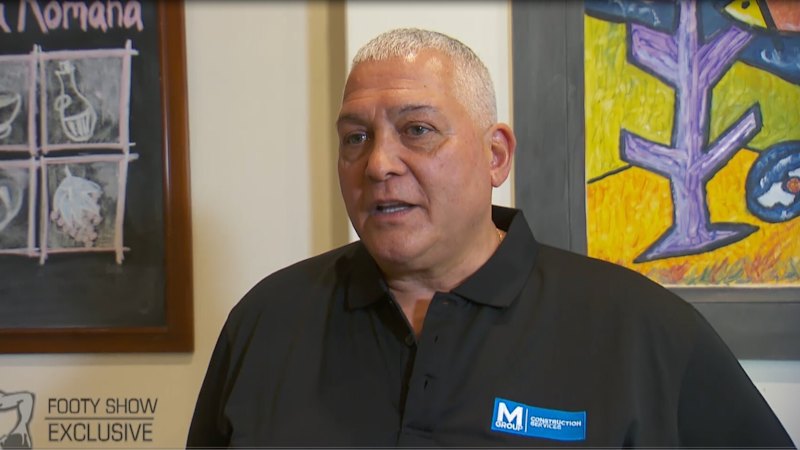
On November 18, 2025, during the COP30 ministerial level press conference in Belém, Brazil, a significant call emerged for a comprehensive roadmap aimed at phasing out fossil fuels. Dr Simon Bradshaw, the COP31 Lead at Greenpeace Australia Pacific, emphasized the urgency of this initiative, supported by a coalition of countries including Pacific island nations and fossil fuel exporters like Norway.
Dr Bradshaw remarked, “This could be the turning point of COP30 in Belém as a large group of countries made an impassioned call for real action and a roadmap to phase out fossil fuels.” His comments followed the participation of over 40,000 people who gathered in Belém to demand tangible actions to address climate change, advocating for less rhetoric and more accountability in the fight against fossil fuel dependency.
Australia’s Absence Raises Concerns
Despite the growing movement, Australia has drawn criticism for its silence on the pressing issue. As a candidate to host COP31, Australia’s failure to publicly support the call for a transition away from fossil fuels raises questions about its commitment to climate leadership. Dr Bradshaw expressed concern that this stance does not align with what is expected of a nation aspiring for global leadership in climate action.
“It is way past time for Australia to get squarely behind Pacific Island nations and start championing the transition away from fossil fuels,” he stated. He pointed out that continuing to follow a fossil fuel path and not aligning efforts with international targets to limit global warming to 1.5°C constitutes a breach of legal obligations, putting both Australian and Pacific communities at heightened risk from climate impacts.
Global Responsibility and Action
Dr Bradshaw underscored that the solutions to combat climate change are already available, urging immediate action. He emphasized that the legal, moral, and political responsibility for climate action has never been more critical. The call for a fossil fuel roadmap is not just a request for policy change but a direct appeal to protect vulnerable communities facing the brunt of climate change effects.
The discussions at COP30 mark a pivotal moment in the global dialogue on climate change, urging nations to reconsider their energy strategies and prioritize sustainable practices. As the world looks towards the future, the actions taken—or not taken—by countries like Australia will significantly impact the trajectory of global efforts to combat climate change.
In summary, the COP30 conference in Belém is shaping into a crucial point for international climate policy, with calls for action resonating louder than ever. The absence of supportive statements from key nations like Australia could hinder progress towards a sustainable future, making it imperative for all countries to contribute to the collective effort of phasing out fossil fuels.







